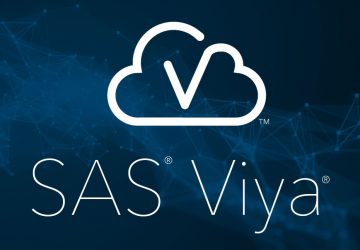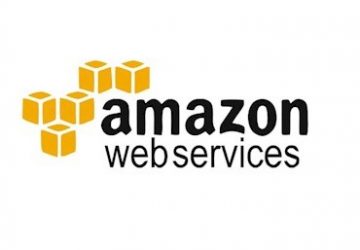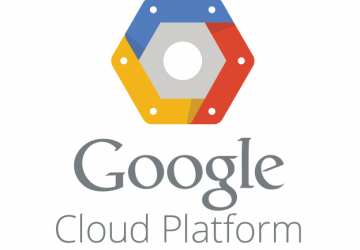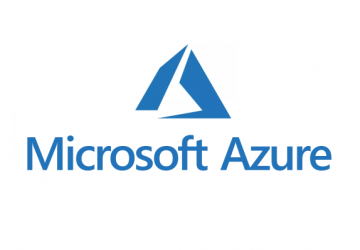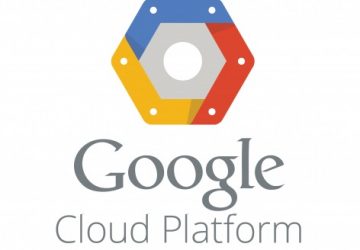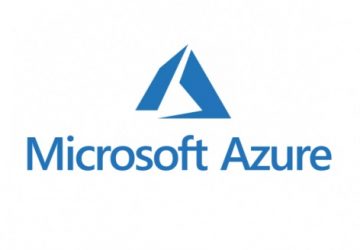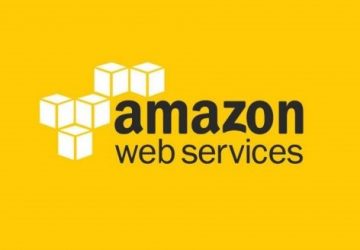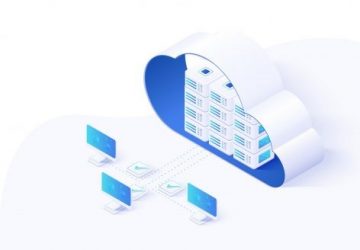SAS Viya is a cloud-enabled, in-memory analytics engine that provides quick, accurate, and reliable analytical insights. Elastic, scalable, and fault-tolerant processing addresses the complex analytical challenges of today, while effortlessly scaling for the future.
AWS (Amazon Web Services) is a comprehensive, evolving cloud computing platform provided by Amazon that includes a mixture of infrastructure as a service (IaaS), platform as a service (PaaS) and packaged software as a service (SaaS) offerings. AWS services are meant to reduce heavy lifting on part of an organization's IT team, by handling compute, storage and other IT components as services offered. With 47% of the market share, AWS is currently the world's most popular cloud computing platform
Google Cloud Platform (GCP) is a suite of cloud computing services, developed and managed by Google. This course is designed for learners to get acquainted and get started with the vast variety of services offered by GCP. These services span across different layers of a typical Data Engineering pipeline and hence can be classified into categories such as Ingestion, Storage, Compute, Warehousing, Monitoring and much more. The course also covers GCP services for Security, Networking, Container Orchestration, Automation, etc. which are essential for seamless working of an organization. Understanding the pricing structure and the best methods to use any service is of paramount importance and is hence covered throughout the various services.
This Course will enable learners to be accustomed with the concept of Azure Components and related techniques such as sercurity,pricing and integration with different tools .At the end of the course learners will also be able to unsderstand when and how to use different Azure components.
SAS Viya is a cloud-enabled, in-memory analytics engine that provides quick, accurate, and reliable analytical insights. Elastic, scalable, and fault-tolerant processing addresses the complex analytical challenges of today, while effortlessly scaling for the future.
SAS Viya is a cloud-enabled, in-memory analytics engine that provides quick, accurate, and reliable analytical insights. Elastic, scalable, and fault-tolerant processing addresses the complex analytical challenges of today, while effortlessly scaling for the future.
Google Cloud Platform (GCP), offered by Google, is a suite of cloud computing services that runs on the same infrastructure that Google uses internally for its end-user products, such as Google Search, Gmail and YouTube. Alongside a set of management tools, it provides a series of modular cloud services including computing, data storage, data analytics and machine learning. Registration requires a credit card or bank account details. Google Cloud Platform provides infrastructure as a service, platform as a service, and serverless computing environments. GCP is a part of Google Cloud, which includes the Google Cloud Platform public cloud infrastructure, as well as G-Suite, enterprise versions of Android and Chrome OS, and application programming interfaces (APIs) for machine learning and enterprise mapping services.
Microsoft Azure, formerly known as Windows Azure, is an ever-expanding set of cloud services to help your organization meet your business challenges. It is the freedom to build, manage and deploy applications on a massive, global network using your favorite tools and frameworks. With a range of cloud services, including compute, analytics, storage and networking, users can pick and choose from these services to develop and scale new applications, or run existing applications in the public cloud. The Azure platform aims to help businesses manage challenges and meet their organizational goals. It offers tools that support all industries -- including e-commerce, finance and a variety of Fortune 500 companies - and is compatible with open source technologies. This provides users with the flexibility to use their preferred tools and technologies. In addition, Azure offers 4 different forms of cloud computing: infrastructure as a service (IaaS), platform as a service (PaaS), software as a service (SaaS) and serverless.
Amazon Web Services (AWS) is a provider of on-demand cloud computing platforms and APIs to individuals, companies, and governments, on a metered pay-as-you-go basis. In aggregate, these cloud computing web services provide a set of primitive abstract technical infrastructure and distributed computing building blocks and tools. AWS's version of virtual computers emulate most of the attributes of a real computer, including hardware central processing units (CPUs) and graphics processing units (GPUs) for processing; local/RAM memory; hard-disk/SSD storage; a choice of operating systems; networking; and pre-loaded application software such as web servers, databases, and customer relationship management (CRM). The AWS technology is implemented at server farms throughout the world, and maintained by the Amazon subsidiary. Fees are based on a combination of usage (known as a "Pay-as-you-go" model), the hardware/ OS/ software/ networking features chosen by the subscriber, required availability, redundancy, security, and service options.
Cloud computing is the on-demand availability of computer system resources, especially data storage and computing power, without direct active management by the user. It describes data centers available to many users over the Internet. Large clouds, predominant today, often have functions distributed over multiple locations from central servers. If the connection to the user is relatively close, it may be designated an edge server. Clouds may be limited to a single organization (enterprise clouds), or be available to many organizations (public cloud). It relies on sharing of resources to achieve coherence and economies of scale.


